Can Open-Source AI Models Compete with Proprietary Ones?
The debate over whether decentralized, open-source artificial intelligence (AI) models can rival well-funded proprietary models like OpenAI’s GPT-4 has sparked a lively discussion on Twitter. Arnaud Benard, co-founder of Galileo AI, believes that open-source models will not beat GPT-4 this year due to the talent and resources of OpenAI. He argues that open-source projects may struggle to transition from challengers to AI champions.
However, there are differing opinions on this matter. Ryan Casey, an AI enthusiast, is optimistic about the potential of open-source AI and believes that it can match or surpass private models. On the other hand, Jeremi Traguna, an AI strategist, suggests that open-source models may have a hard time keeping up with the rapid advancements of proprietary models.
Jon Howells, a tech analyst, believes that resources alone do not determine the superiority of open or closed-source models. He predicts that startups like Mistral AI will release open-source models that can rival GPT-4 by the end of the year.
Nous Research cofounder “Teknium” makes a philosophical point, stating that every capability increase in open-source models is permanent and cannot be taken away. This means that as long as there are advancements in open-source AI technology, access cannot be restricted by any company.
The Open vs. Closed Debate
The debate between open-source and closed-source AI models is reminiscent of the early battles between Windows and Linux operating systems. Santiago Pino of ML School argues that while proprietary models may win over general consumers like Windows did, open-source software offers customization and control that is valuable for corporate users. Open source provides transparency and avoids vendor lock-in.
Sciumo Inc., a software development company, believes that open-source models will compete in domain-specific problems with specific data and expertise. Furkan Gözükara, a computer engineer, agrees that open-source models may surpass OpenAI’s GPTs in specific tasks, especially when handling sensitive data is a concern.
Industry experts like Yan Lecun and Google recognize the threat posed by open-source AI. Lecun believes that open-source AI models will eliminate closed and proprietary models, while Google acknowledges the advantages of open-source models in terms of speed, customizability, privacy, and capabilities.
Hot Take: The Battle between Open-Source and Closed-Source AI Models
The ongoing debate about whether open-source AI models can match or surpass GPT-4 and future iterations highlights an intriguing tension. While closed-source models may have an advantage in resources and rapid iteration, open-source tools are rapidly evolving, providing permanent capabilities and customizability. As the competition unfolds, the AI community can benefit from using the best available technology.

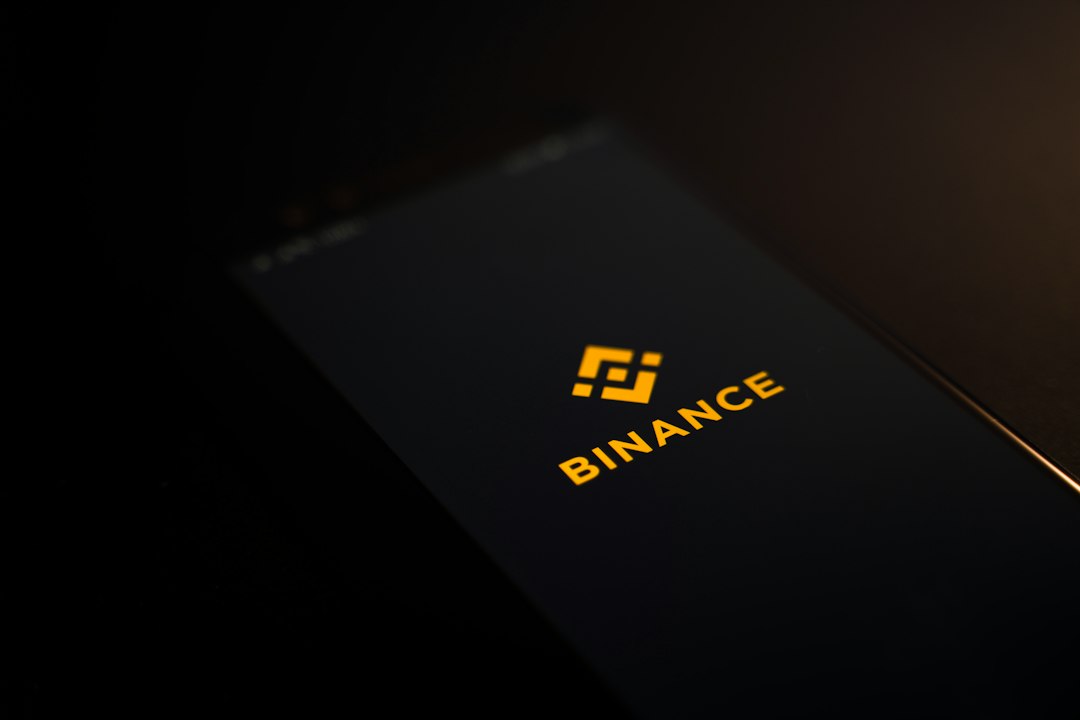
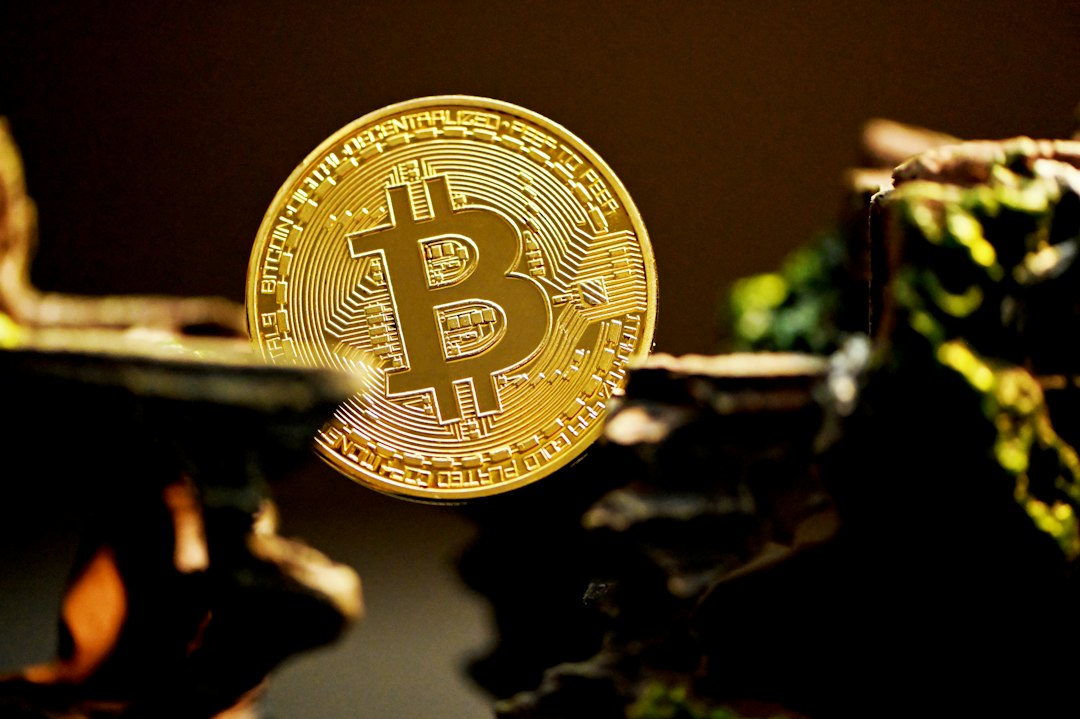
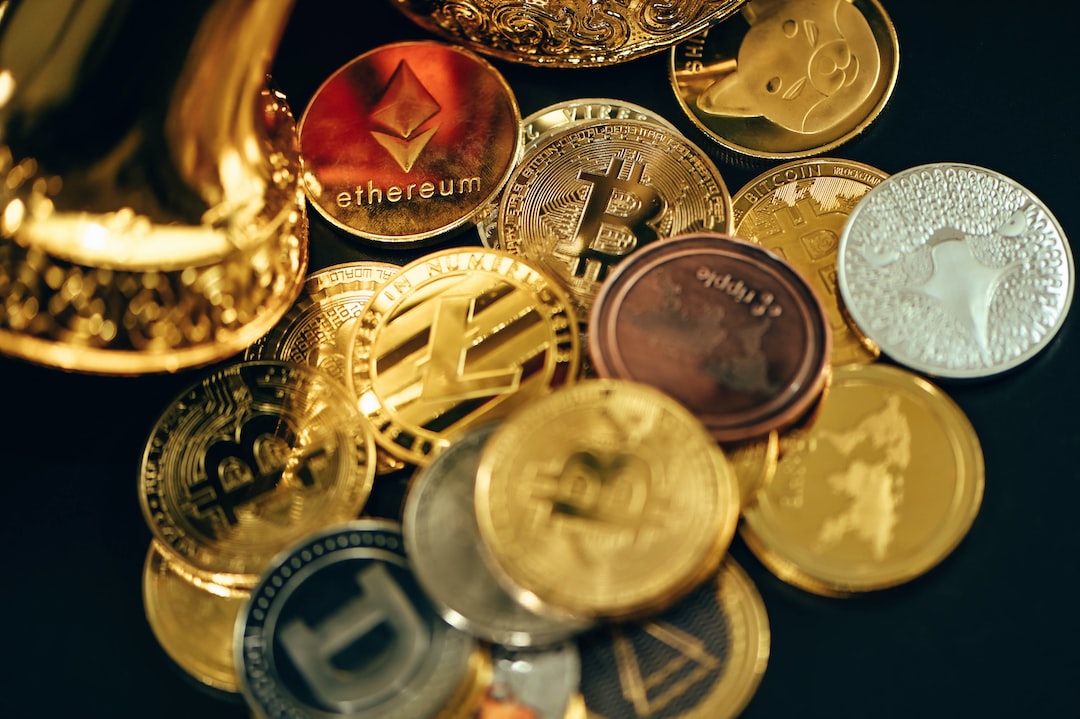
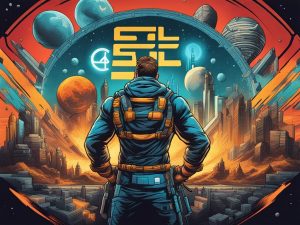
 By
By
 By
By
 By
By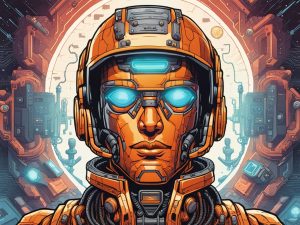
 By
By
 By
By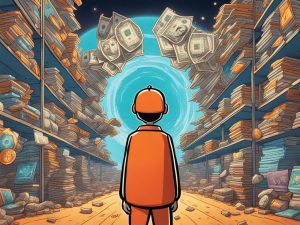
 By
By